|
Dr Tom Cromarty Editor Interests: Paediatric Emergency Medicine, Medical Engagement and Leadership, Simulation, Quality Improvement, Research Twitter: @Tomcromarty |
Welsh Research and Education Network
WREN BlogHot topics in research and medical education, in Wales and beyond
Dr Celyn Kenny Editor Interests: Neonates, Neurodevelopment, Sepsis, Media and Broadcasting Twitter: @Celynkenny |
|
Mike Bailey IT Director, Cardiff and Vale University Health Board  Cardiff and Vale have recently purchased the Patients Know Best patient portal (PKB). PKB is licensed such that any patient of Cardiff and Vale UHB secondary and tertiary services can use it. Primary care is licensed separately, and that cost is under consideration. Mike Bailey: PKB is presented as a website, accessible from any patient devices that feature one of the common internet browsers (PC, laptop, tablet, phone) and is responsive, even where there is a low signal strength. PKB addresses a number of our strategic priorities. We are committed to “Information for You” and as such, PKB will provide patients with access to as much of their clinical data as possible. This will include (past and current) diagnosis, meds, care plans, live results, appointments, letters, images, reports. This should mean that patients will genuinely want to use PKB and positively support patient sign-up rates. There are also a number of operational gain that PKB will facilitate: · Empower the Person. Through various functionality, including online care plans that can be shared with the patient’s care network, support the patients in taking an increased ownership and role in their care. · Facilitate significant elements of service redesign. Including community-based services. Self-reporting, for instance, will enable a significant reduction in outpatient attendance. The capacity freed up in outpatients can be directed to further improvements such as early, supported discharge, with an open ticket back to the ward if becomes necessary. · Facilitate operational savings (time/resource/cost). Very similar activity within Sussex & Surrey IBD process, reduced priority admission waiting time from 6 weeks to 1 week. Reduced admissions (average 5 day stay) by 90% and reduced surgery by 80%. Cheaper medications were also utilised as condition did not reach the same level of severity. · Home First. In addition to early supported discharge, PKB will facilitate the use of online questions and telephone/video conferencing to reduce the need for patients to attend site. · Outcomes that matter to people. Trials within CAV Audiology have demonstrated that when patients are able to complete pre-clinic questionnaires at home, in their own time, the response are much more meaningful and hence enable improved focus on the required care and support. By facilitating a fully informed consent, patients are able to fully understand post treatment impact and actively make a decision on the pathway that suits their needs. This significantly reduced DNAs at the outset of treatment and at the latter stages, when patients fully realise the pending impact on an impending procedure. · Reducing health inequalities. ENT and Audiology have demonstrated that the time saved via unnecessary appointments and improved processes has allowed specialist nurses to target those, often elderly and isolated patients, which have disengaged from their services. PKB also enables patients to delegate access to their records within PKB to their circle of care, thus enabling increased support, through better informed carers - who can see appointments, care plans, letters, meds, help to self-report etc. · Compliance. ENT and Audiology have confirmed that issuing compliance related questionnaires and surveys via PKB has resulted in a significantly higher return rate. · Prehabilitation. PKB can automatically receive and display data from smartwatches and related apps, in order to, with the patients’ permission, track exercise, diet and sleep, as part of prehabilitation programme or just general wellbeing. · Provide cashable savings (letters). Letters to patients will be accessible within PKB, rather than via traditional postage. This is much cheaper than current methods. Even if a patient does not open a letter, it can be rerouted to an outsourced provider, which will send a paper letter cheaper than can be produced internally within CAV. There are many other benefits, specific to each specialty. Initial rollouts will include Gastro, ENT and Audiology. ENT and Audiology already have PKB but, now that we have purchased a full license, we will now be integrating PKB with UHB and NWIS systems to full enable the above benefits. Whilst we await the completion of the integration work, we are also launching PKB for the national Talipes service. This will launch during May 2019, before integration is available but will provide a significant improvement over the current paper-based data collection process Aurey Tong: Whilst we await the completion of the integration work, we are also developing PKB for the Cardiff and Vale Talipes service. This is for parents whose children have congenital talipes equinovarus. The aim is to empower parents via information and support. They will have an electronic version of the talipes passport, a library of resources including top tips, and the opportunity to support each other.
0 Comments
Wednesday 29th November 2017 Summary Newsletter and Projects Information By Chris Course The Welsh Research and Eduction Network (WREN) Autumn Study Day took place at the Princess of Wales Hospital, Bridgend on 29th November 2017. We had a really good turnout with lots of trainees keen to learn more about research, aided by the morning educational sessions (see further information below). Following this, there were updates on the current WREN project portfolio, with completed projects on audiology follow-up after meningitis being presented by Fiona Astill, and Siwan Lloyd presenting her work on the referral process for developmental delay. Qumrun Nahar presented her preliminary work on the use of botox for spasticity in Pembrokeshire, with plans to expand the project to other health boards in Wales. Full details of the project results will be published on our website shortly. With one large-scale project still ongoing, and two more planned for the start of 2018, there’s still lots going on within the network to get involved with!
Additionally, the new WREN Blog (www.wrenpaediatrics.com/blog) was launched last month, and is being edited by Rebecca Broomfield and Annabel Greenwood. They will be publishing on the first of each month on a range topics, including conference reports, critical appraisal and current research happening in Wales now. They are looking for contributors too, so if you have something to share or a topic you’d love to write about, please get in touch. Details of the WREN projects and their project leads, with contact details, are below. We will be disseminating these projects amongst the units, but if you would like to get involved in any of the projects in WREN’s current portfolio, please contact the project leads (details below). If you have an idea for a project you would like to develop with WREN’s help, please contact either myself or Siwan Lloyd via our website or using the details at the top of this newsletter. The next WREN study day is planned for May 2018 (confirmed date to follow), and we hope that you will be able to join us for another stimulating and thought-provoking study day, building on from the success of the last! Education The morning educational sessions were focussed on the importance of good research practice, with Health and Care Research Wales coming to give an update on Good Clinical Practice (GCP) for paediatrics. The added complexities of research for the paediatric population were highlighted, as well as the robust nature of research methodology to ensure valid results. The workshop received excellent feedback, and all attendees received a certificate for their portfolios. This was followed by Kate Burke and David Gallagher coming to share their experiences of taking time out from clinical training to undertake a PhD. The highs and the lows of their journeys were illuminating, and their varied experiences of the opportunities on offer, like experiencing a European neonatal units way of working, plus the ability to develop new lab skills, demonstrated the gains to be had. The realities of thesis writing were made plain though, so there’s always a flip-side! Thanks to our our speakers for an excellent morning educational session. Ongoing Projects: Project Title: ‘Antibiotic use on the post-natal wards.’ Project Lead: Zoe Howard, ST5 Royal Glamorgan [email protected] (and Annabel Greenwood ST3, UHW [email protected] and Chris Course, ST4 UHW) Description: NICE guidance on the management of suspected early-onset neonatal sepsis has existed for several years, however management appears to vary across units throughout Wales. A prospective audit of infants started on antibiotics for suspected sepsis post-delivery is underway for units across Wales. A comparison of local unit guidelines across Wales is also a part of this project. This project has so far completed 4 months of data collection, and is planning on completing a further two months before starting data analysis. So far data on more than 200 infants has been gathered. Upcoming Projects: Project Title: ‘Head injuries on the postnatal wards’ Project Lead: Siwan Lloyd, ST3 Noah's Ark Children's Hospital for Wales [email protected] Description: A pilot study at UHW has demonstrated that infants being accidentally dropped on the postnatal ward is not an uncommon occurrence, however their management and level of investigation following injury was very variable. Following on from this, an all Wales study is planned to determine the incidence, risk factors and management used, with the aim of producing a best practice guideline for these infants and their parents. Project Title: ‘Re-audit of the Management of Respiratory Distress Syndrome in Preterm Infants’ Project Lead: Chris Course, ST4 Noah's Ark Children's Hospital for Wales [email protected] Description: Following the initial audit in 2014/2015 by WREN, a Wales Neonatal Network guideline was introduced for the Management of RDS in Preterm Infants in June 2016. The re-audit is planned to commence in March 2018 and will run for six months to assess how the new national guideline has affected patient care.
Once randomized, children will be followed up over a 28-day period, with telephone contact at 7, 14 and 21 days, and a face-to-face consultation at 28 days. Parents are also keeping a daily symptom diary to monitor their child’s progress, as well as filling in wellbeing questionnaires at the contact times. Pre- and post-treatment nasoparyngeal and saliva swabs are being taken to analyse bacterial resistance patterns.
CAP-IT is planned to be recruiting over the next two winters with a target cohort of around 2,500 children, so is still in its early phases. It’s one of the first major trials being run out of the new Children and Young People’s Research Unit, based at the Noah’s Ark Children’s Hospital for Wales. For anyone that is interested and wants to know more, or even get involved, please get in touch with WREN and we can point you in the right direction! Links to the protocol and website are included at the bottom of the article. So, hopefully in a few years, we may understand this common condition a little better, but more importantly, the best way to treat it and ensure that treatment will continue working for the generations to come. CAP-IT: Efficacy, safety and impact on antimicrobial resistance of duration and dose of amoxicillin treatment for young children with Community-Acquired Pneumonia (CAP): A randomized controlled trial. www.capitstudy.org.uk http://www.ctu.mrc.ac.uk/our_research/research_areas/other_conditions/studies/cap_it/ Welcome to our new WREN Blog, we’re glad you found us!
As an initial post we thought we would introduce ourselves, outline what we are aiming to achieve, what you can expect from us and what we want from you. We are Welsh Paediatric Trainees with a passion for research and education. Annabel is an ST3 trainee currently based in Paediatric Nephrology at UHW. She has a keen interest in Neonatalogy and Acute Paediatrics, as well as engaging in teaching and QI. Rebecca is an ST5 trainee with an interest in Emergency Paediatrics. She is currently taking a year out of program to undertake a Clinical Leadership Fellowship. She has an interest in mindfulness and resilience, and lives at home with her husband and 2 young children in South Wales We have created this blog to provide a platform to encourage trainees across Wales to engage in research and education. WREN already provides an amazing opportunity to coordinate a number of fascinating multicentre projects, however we want to expand our horizons and encourage trainees to share their knowledge and experience with each other. We hope to use the blog to raise awareness of local clinical trials, provide information about research and educational events, and to reflect on exciting opportunities available. Furthermore, we want trainees to utilise this space for critical appraisals of interesting articles and hot-topic fact sheets within Paediatrics. We want to know about what you do when you are not doing clinical work…If you go to a conference or an interesting meeting, write up the important points and we can then share it with everyone and encourage people to make the most of the learning opportunities which are available. In conclusion we need your help to make this blog a success! If you’ve found something interesting then no doubt others will benefit too! We plan on updating the blog on the first of every month with new articles, so put a reminder in your calendar to check-in with us then! To whet your appetite, next month features a write-up of WPS (and the spa!) as well as information tabs on current clinical trials and an interesting journal article review. Look forward to seeing you again then! Annabel and Rebecca |
Editors
Dr Annabel Greenwood Categories
All
|


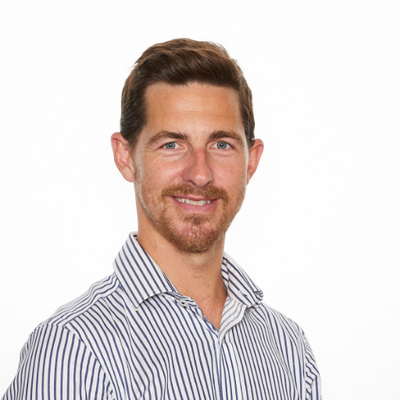
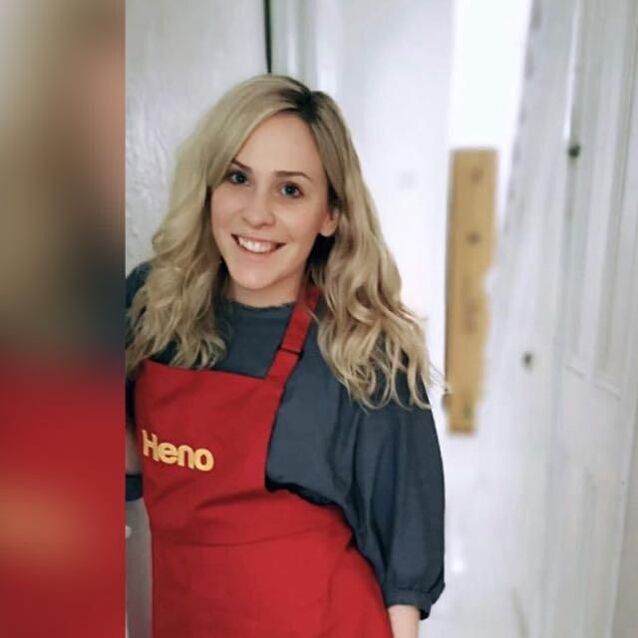
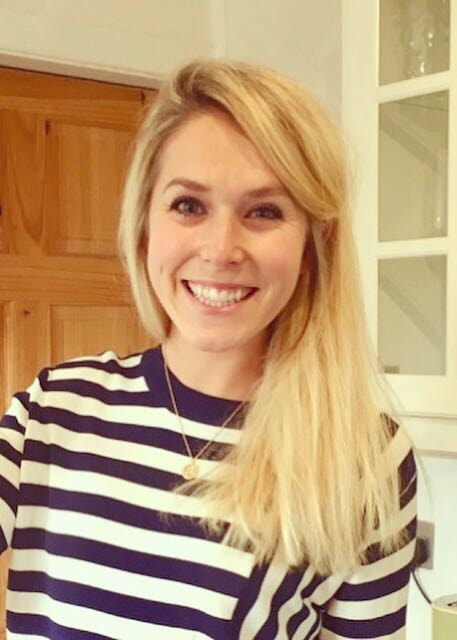

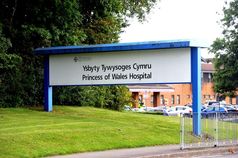
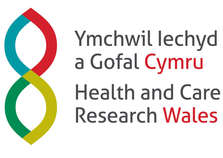

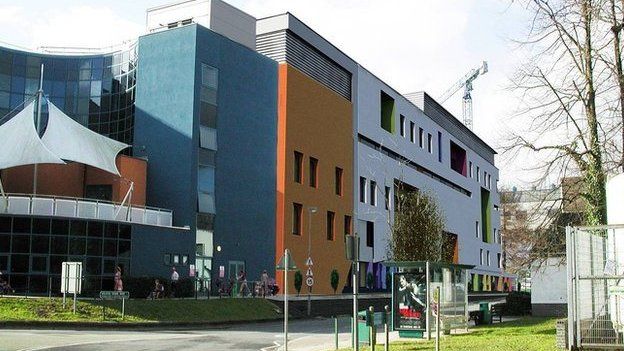
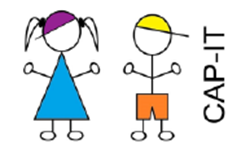
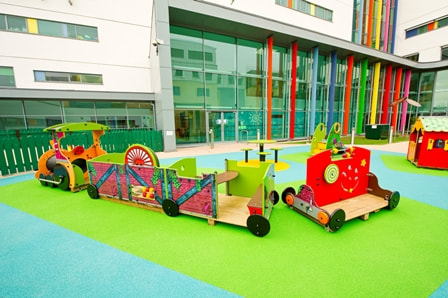
 RSS Feed
RSS Feed
